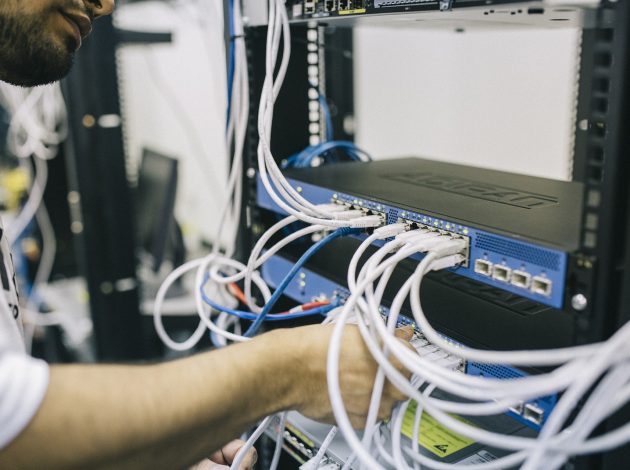Richard Heys is Deputy Chief Economist for ONS
Measuring the digital economy: Is history about to be rewritten?

How properly to measure the impact of digital technology is a big challenge for statisticians and economists the world over. Media reports have suggested that historic mismeasurement of the telecoms sector means that the UK’s recent economic history will have to be significantly rewritten. As ONS Deputy Economist Richard Heys explains, it really isn’t as simple as that.
Some early research findings this week have prompted colourful speculation that we will have to substantially revise both GDP and inflation over the last decade. Let me start by saying that the work on telecoms does not mean our GDP or inflation figures have been wrong. But let me explain why we are doing this work, and what it means for our statistics.
As part of our plans to transform the way we measure the UK economy we have been taking a close look at all the sources of data that we use, as well as the way we crunch the numbers to produce our statistics.
We have enlisted the help of leading academics and set up a new body – the Economic Statistics Centre of Excellence (ESCoE) – to help us ensure we are measuring the modern, digital economy in the best way possible.
One of the first areas we are looking at is how we measure price change in the telecoms sector. However, it is very important to point out that this is not about the prices charged to consumers, as our measures of consumer price inflation use different approaches, including internationally agreed approaches for items such as mobile phone tariffs. Rather this work is about how the prices affecting businesses have changed.
The research showed that between 2010-2015 our current estimates for telecoms prices charged to businesses were broadly unchanged. However, while businesses were being charged the same price, the bandwidth they had access to and the data they downloaded had significantly increased. As they were getting more for the same price, effectively the price had fallen. However, how we account for this is difficult; is 40Mb broadband twice as valuable as 20Mb broadband? Probably not. So our next task is to work out exactly how we should account for these changes in our figures.
However, the really important point to note as this will have little or no impact on our overall estimate of the size of GDP – if we increase the estimate of how much ‘output’ the telecoms sector had, we will deduct this from the overall output of the industries consuming telecom services by an equal amount, so the overall size of the pie will be unchanged.
The new work on telecoms is likely to affect our view of the relative importance of different sectors of the economy. So it is important to get this right, but overall GDP is likely to be unaffected.
The work we are undertaking is complicated and will take some time to reach a firm conclusion. This is a complex issue, and we need to draw in a wide variety of experts to help us, which is why we publish papers as our work develops.
We are working hard to ensure we are able to produce the best estimates we possibly can of Britain’s fast-changing, modern, digital economy.
